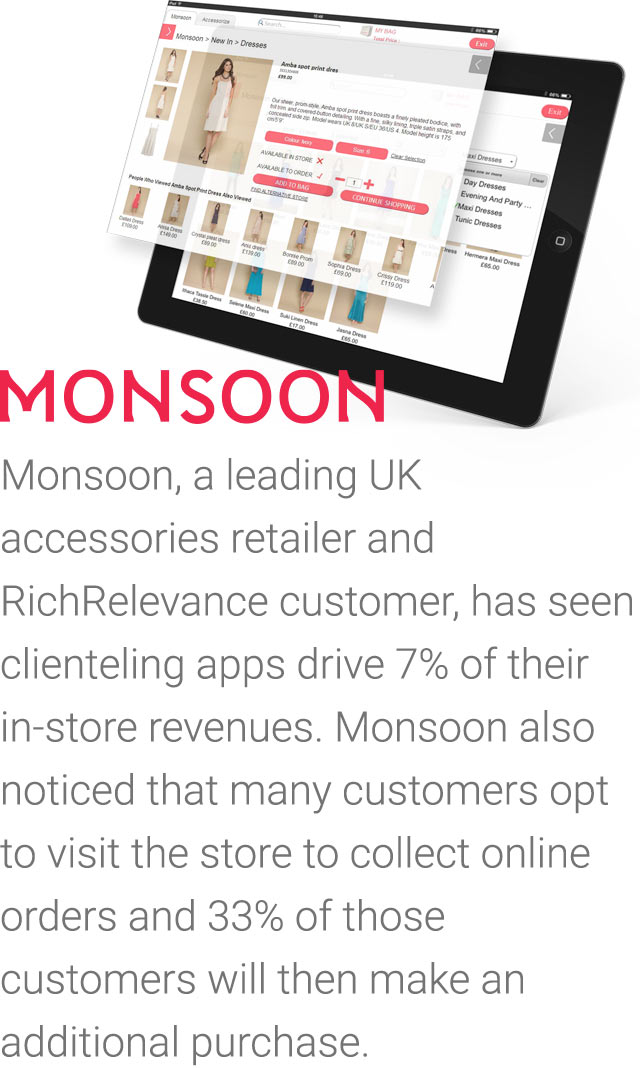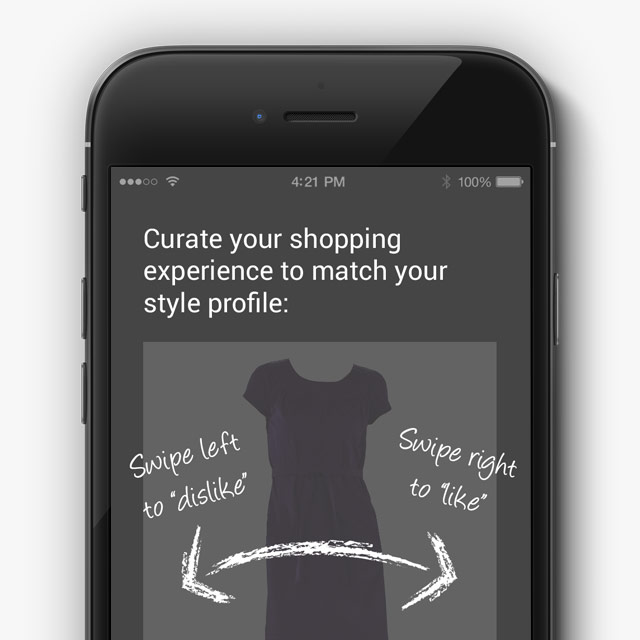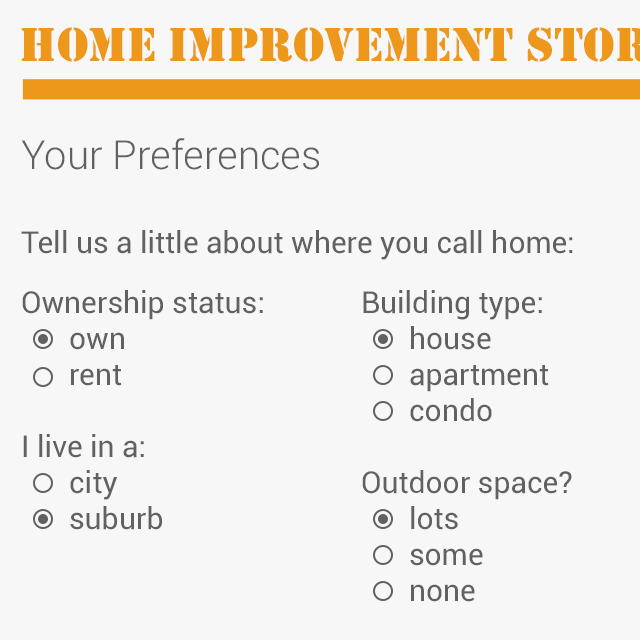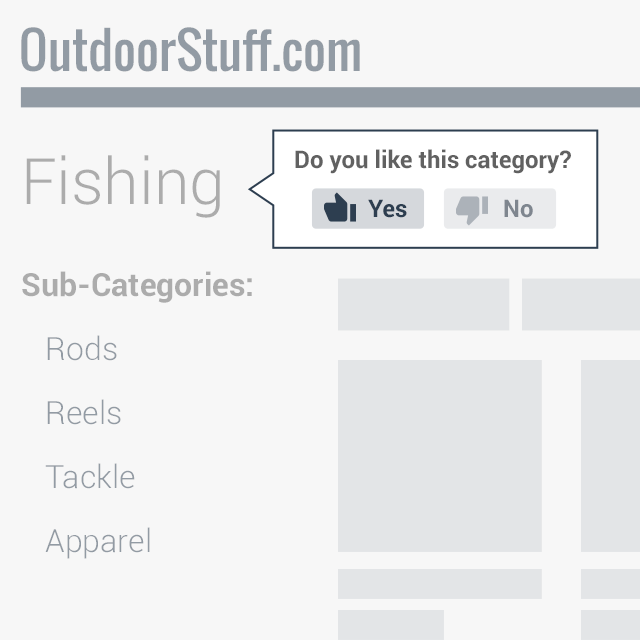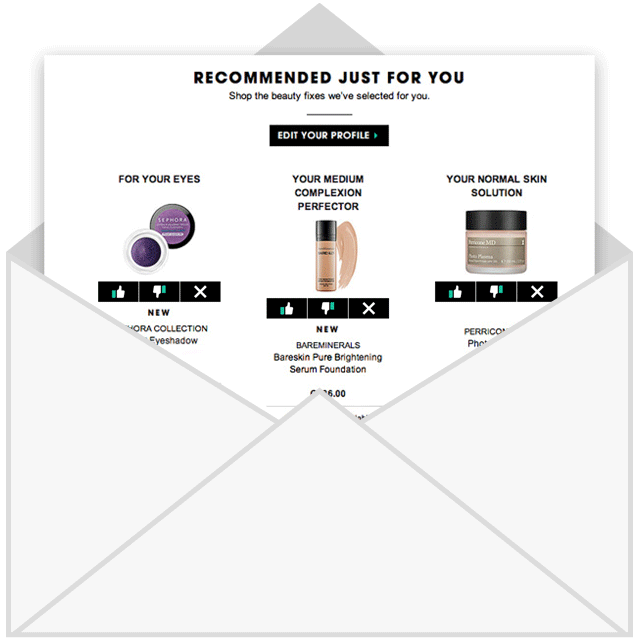Although we may not be flying around in rocket ships quite yet, retail today is about as futuristic as anyone could have imagined. It’s hard to envision a world without the 24/7 on-demand access to the endless aisles of ecommerce retail. Personalization has played a huge role in, not only the success of companies like Amazon, but the advancements in ecommerce and retail as a whole. Personalization has enabled retailers to create digital channels that feel as intimate and customer-oriented as a physical store; so over time consumers feel recognized as unique individuals in their shopping journeys.
So what is next in the world of retail personalization?
In an effort to identify the top of mind personalization trends for retailers and brands in 2016, RichRelevance reviewed the requests for proposals (RFPs) from 2015. The retailer RFPs reviewed were largely represented by Internet Retailer’s Top 100 in North America and were retailers who made over $75 billion in aggregated revenue.
Overall, we can see how retailers are uniting the consumer experience. Over the next year, retailers will leverage personalization to bring together all digital and physical channels – to create true omnichannel customer experiences based on three key trends.
![]() Trend 1: Completing Personalization
Trend 1: Completing Personalization
Retailers today are laser focused on enhancing shopper experiences by using data that is readily available across channels. With every additional touch point and channel, retailers have been granted the gift of data. Until now little has been done to leverage the information retailers have gathered and most of the data has not been synthesized to create an omnichannel experience. To fully implement personalization retailers require a powerful personalization platform to ingest retail data from feeds such as smartphones, tablets, point-of-sale systems, inventory and contact centers. The more data points a retailer collects and integrates, the more seamless a customer experience becomes across channels.
For example, consider how things might be merchandised in stores versus how they’re displayed online – what departments are physically next to each other or across the aisle, and how leveraging purchase data from the store could positively impact online engagement and sales.
Integrating personalization from third party vendors and channels also plays a crucial role in unifying all the elements of the consumer’s physical and digital world. By influencing personalization with geographic, demographic, weather and loyalty components adds an incremental layer of sophistication and relevance.
![]() Trend 2: Enabling Smarter Associates
Trend 2: Enabling Smarter Associates
Tying directly into Trend 1, leads us to the next trend of enabling smarter associates. Today’s retailer wants to enable customer-facing personnel with digital technologies to help associates deliver in real time the highest level of customer service possible. By using a personalization platform that synthesizes human intelligence with artificial intelligence the retail associate can leverage all cross channel customer data, product details and content at every interaction.
One of the biggest challenges in retail is bringing together all shopping channels to deliver a seamless customer experience. An ideal experience has no friction, so that when a consumer walks into a store or calls the contact center, the retail representative already knows everything that customer has looked at, purchased and even returned over the years. To solve this problem of eliminating friction to consumers, retailers are launching a variety of associate-facing applications for use in stores and even contact centers. These applications recall all previous and current customer behaviors/purchases in real time so that an associate can offer a level of customer service that is complementary to the individual’s history, tastes and preferences.
Enabling smarter associates will also play a big role in personalizing contact or call centers. By leveraging different types of clienteling applications, agents will no longer need to spend time determining who a shopper is or what they want. The application will give the agent a real-time view into recent browsing history and purchases across channels to offer a relevant response right from the start.
![]() Trend 3: Launching Tech Savvy Stores
Trend 3: Launching Tech Savvy Stores
In an effort to combat the strong footprint that the Amazon and other pure play ecommerce retailers have acquired over the last decade, multichannel retailers are bringing technology to the storefront. Retailers are creating unique and innovative shopping experiences to tend to the zero-friction shopping needs of the modern consumer.
A great example of in-store innovation includes the Intelligent Fitting Rooms that leverage RFID (Radio Frequency Identification) tags to recognize clothing that is brought into the fitting room. By integrating this technology in the fitting room, retailers can help shoppers find alternate sizes and offer intelligent recommendations to suggest alternatives or assist in completing a look.
In summary, this is the year of a unified customer experience placing great focus on cross-channel shoppers, anticipating their needs and catering to them with services that previously didn’t exist. The three trends of completing personalization, enabling smarter associates and launching tech savvy stores create an sophisticated and seamless omnichannel experience for the shopper, and ultimately allow personalization technologies to influence even more of the consumer experience than ever before.
For more 2016 insights visit us at our RelevanceTV YouTube channel.
Featuring Gartner and L’Oreal Paris
FOR IMMEDIATE RELEASE
ASKUL Selects RichRelevance to Personalize its Customer Experience
ASKUL adopts cutting edge big data technology to accelerate growth in expanding ecommerce business
San Francisco, CA – October 20, 2015— RichRelevance®, the global leader in omnichannel personalization, today announced that ASKUL Corporation has selected RichRelevance’s cloud-based personalization solution for its B2B business. Recognized as a pioneer in Japanese ecommerce for its investment in cutting edge technology, ASKUL will adopt RichRelevance’s personalization solutions and best practices in order to accelerate its product category expansion and overall business growth.
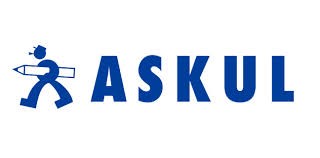
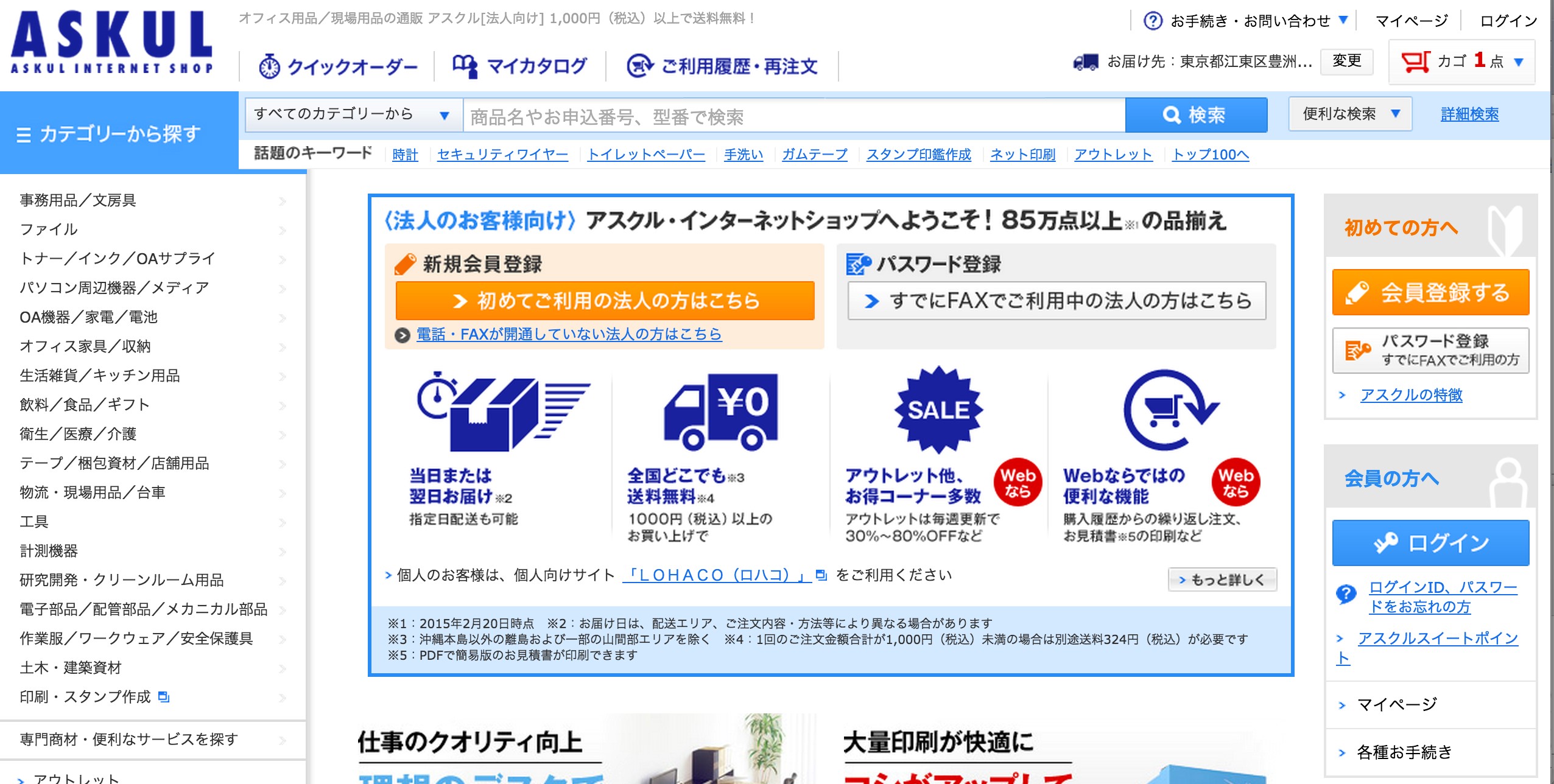
ASKUL will implement the Relevance Cloud™ and its flagship product Recommend in order to provide personalized product recommendations to its B2B customers, who span a wide spectrum of industries. By harnessing RichRelevance’s state-of-the-art personalization engine, which leverages ensemble learning to optimize machine learning algorithms, ASKUL will be able to instantaneously predict and provide what the customer desires, not only on the website but across all customer touch points such as mobile channels and emails.
RichRelevance not only provides a standard set of 150+ algorithms, but also forces real-time competition through its renowned King of the Hill approach, which selects the optimal algorithm at the precise moment in time in order to drive customer purchases. Leveraging its proprietary knowledge and expertise, ASKUL will also build its own personalization strategies to compete with RichRelevance’s pre-existing algorithms. Customers will not only discover products more readily, but will also be exposed to recommendations of “long tail” products, which have lower purchase frequencies but untapped potential for significantly impacting sales.
“Our company continues to significantly expand the number of product categories it offers,” says Yohei Akioka, Executive Officer at ASKUL. “As our business grows, the importance of personalization as a strategic pillar has never been more clear. Early on, we grew aware of RichRelevance’s potential to provide us with great benefits in this area, and have since engaged in research and business discussions with them. Our decision to implement their technology was ultimately driven by our imminent need for a platform that could serve our expanding business. Their proven track record at major retailers in the US and Europe, their concept of real-time personalization, as well as the positive results of their A/B tests greatly influenced our business decision. In addition, the fact that their personalization platform is flexible, scalable, and offers a wide variety of features that are extremely easy to use by our merchandisers, was a huge selling point. We greatly look forward to seeing how RichRelevance’s personalization solutions will help us achieve further growth in the business.”
ASKUL IT Managing Director Heita Oshige adds, “As we expand from our core business in office supplies to categories in medical/nursing and MRO, personalization provides us with a competitive advantage. RichRelevance is unique for its ability to offer real-time personalization, and to provide us with highly customizable building blocks for feature development. But perhaps what makes them stand out the most is their ability to allow merchandisers to experiment and test their own rules and strategies by themselves. We plan to invest our time and energy in various personalization initiatives using RichRelevance technologies, in order to achieve our goal of increased revenue.”
RichRelevance CEO Eduardo Sanchez states, “ASKUL is one of Japan’s largest online ecommerce retailers, known for its innovative efforts in various business initiatives such as fulfillment, and for its emphasis on investments in the latest IT technologies. We are very pleased they have selected us as their personalization partner, and now, through our product Recommend, we are proud to fully support ASKUL’s personalization journey and business roadmap.”
About ASKUL Corporation
Founded in 1993 with an innovative and unique business model based on the concept of same-day/ next-day delivery on all orders (ranging from a single pencil to a truckload of office supplies), ASKUL Corporation is the largest online B2B retailer in Japan. In 2012, ASKUL launched LOHACO, a comprehensive Internet mail-order service for the general public. It is currently working to transform itself into a full-fledged comprehensive e-commerce company by building the mail order business for B2B and B2C customers into a new growth driver.
Headquartered in Tokyo, Japan, ASKUL was listed on the First Section of the Tokyo Stock Exchange as of April 2004 and had consolidated revenue of 276.8 billion yen for the month of May 2015. For more information, visit: www.Askul.co.jp
About RichRelevance
RichRelevance is the global leader in omnichannel personalization and is used by more than 200 multinational companies to deliver the most relevant and innovative customer experiences across web, mobile and in store. RichRelevance drives more than one billion decisions every day, and has generated over $10 billion in sales for its clients, which include Office Depot, Costco, Marks & Spencer and Darty.
Headquartered in San Francisco, RichRelevance serves clients in 42 countries from 9 offices around the globe. For more information, please visit RichRelevance.
Creating a great digital experience is more critical than ever for retailers, as shopping behavior shifts and the influence of digital on customers’ purchasing decisions grows. But when you get down to the nuts and bolts of improving the digital experience, determining where to start can be difficult.
Like it. Love it. Prefer it: The Customer Preference Center Makes Shopping Personal
Speak the Language
Deemed by Forbes as ‘‘The Year of the Millennial Customer,’ 2015 continues to see upward trends in social interaction and mobile engagement. In fact, millennial customers are expected to spend $200 billion by 2017, making them the largest global customer segment, with the largest share of wallet. Fortunately, millennials speak a fairly straightforward social language made up largely of likes and dislikes to indicate their interests and preferences. Providing this information across social networks with the click of a button has become second nature, yet the vast majority of this rich data goes unused. Today, there remains a very obvious gap between when a user provides these explicit social signals (consider how many likes you’ve gotten on a recent Instagram post) and how this data is leveraged to improve the customer experience.
But what if it was possible to create a shopping experience that not only mimicked the social experience, but also enabled you to enhance the individual customer’s experience with data collected from their own preferences?
Now you can. With the integration of the Customer Preference Center, available through the RichRelevance Recommend™ solution, you can easily capture individual tastes and preferences and put them to use by intelligently curating shoppers’ experiences on your site, mobile, email, in-store or contact centers in real time. Empowering shoppers to affect the products, brands and categories they see as they’re shopping brings a sense of 1:1 customer service not often found in the digital shopping experience.
Making it Personal is Simple
The Customer Preference Center offers benefits to shoppers and retailers across all channels. Using a flexible API, customer preferences are directly embedded as like/dislike/favorite buttons on any page, or as a survey that collects preferences on categories, brands and products. As shoppers engage and input preferences, their product assortments automatically update as they shop. Behind the scenes, the personalization system collects this invaluable data to deliver more relevant recommendations across all channels. The Customer Preference Center retains customer profile information in the Relevance Cloud’s User Profile Service so that no matter which channel a customer shops, collected data can be utilized to make the experience more personal, ultimately creating a happier and more loyal customer.
A leading apparel e-commerce company in Europe that generates over $155 million in annual revenue integrated Customer Preference Center technology across product pages and has seen 50% of users provided preferences in one month’s time. Those users interacting with preferences are significantly more engaged and spend 3.5x more than the ones that did not interact.
As a shopper, I can’t imagine anything more thrilling (or more dangerous for my wallet) than always being able to easily find things I liked from my preferred retailer.
Preferences Your Way
What does it look like? The possibilities with Customer Preference Center are endless, and customizable based on where and when the retailer chooses to engage customers. Preference can reside within existing recommendations or be as cutting edge as an integrated swipeable shopping experience (think Tinder).
Here’s are some ideas of how Customer Preference Center can work:
The Customer Preference Center enables retailers to avoid and/or supplement complicated social integrations by offering familiar social features across retail sites and mobile experiences. With flexible tools at your fingertips, customizing every shopper interaction has never been easier.
Forty-five years ago, Burger King introduced the concept of personalization with “Have It Your Way” and consumers have never looked back from the expectation of a personalized, relevant experience with key brands. Think of the Customer Preference Center as a digital innovation on “Have it Your Way,” taking its cue from the popularity of social media to share likes and preferences.
Contact us today to get started!
RichRelevance®, the world leader in omnichannel customisation, has been selected by Petit Bateau to provide a superior customer experience across its online properties in five countries: France, UK, Italy, Germany and Belgium. Online visitors in these countries engage with personalised recommendations on the home, category, search results, item, add-to-cart and cart pages on Petit Bateau. Personalisation has become not only an organisational initiative, but also a key approach to improving brand perception among clients




